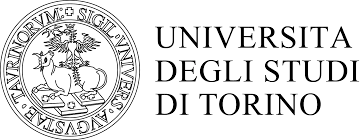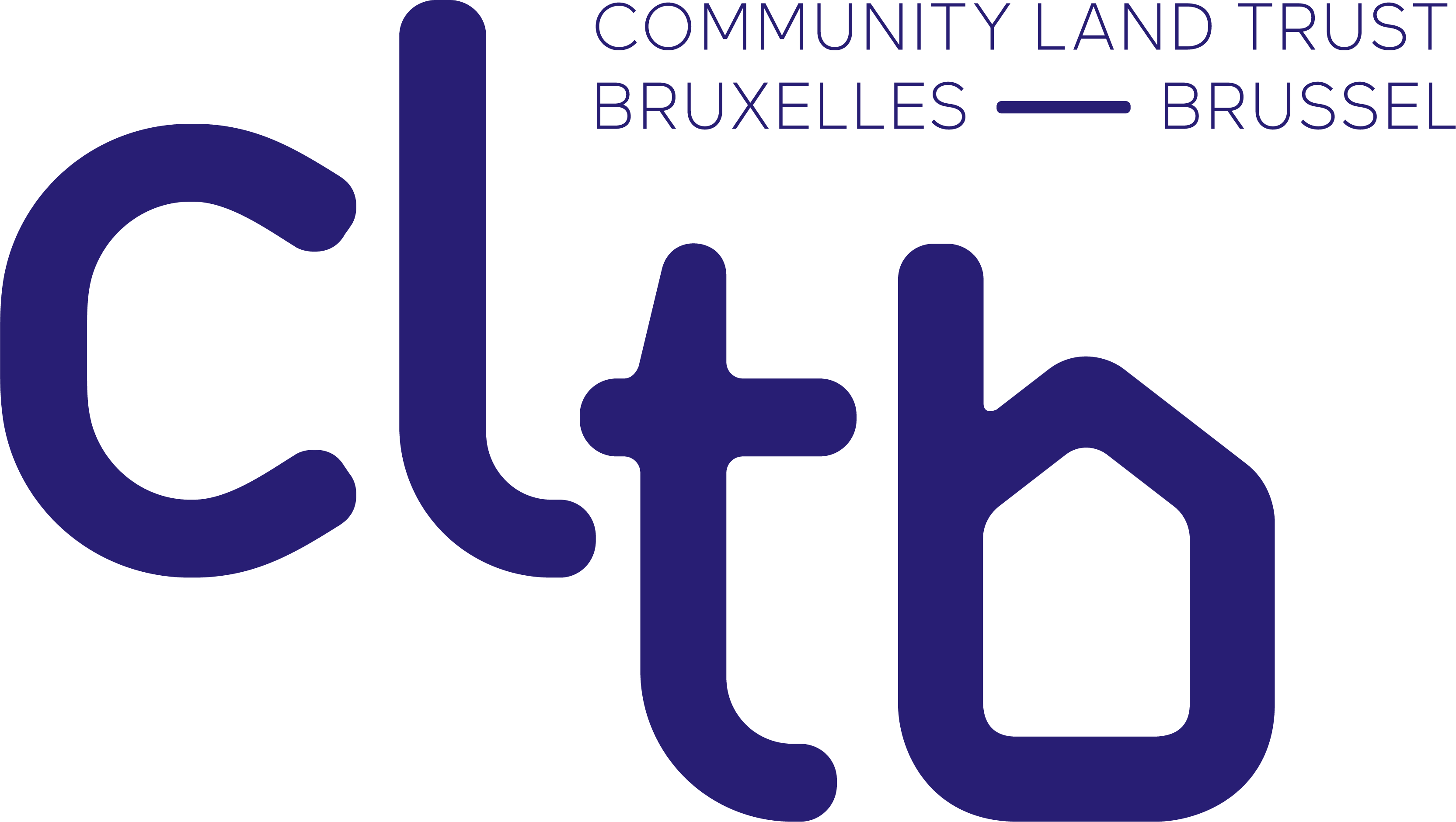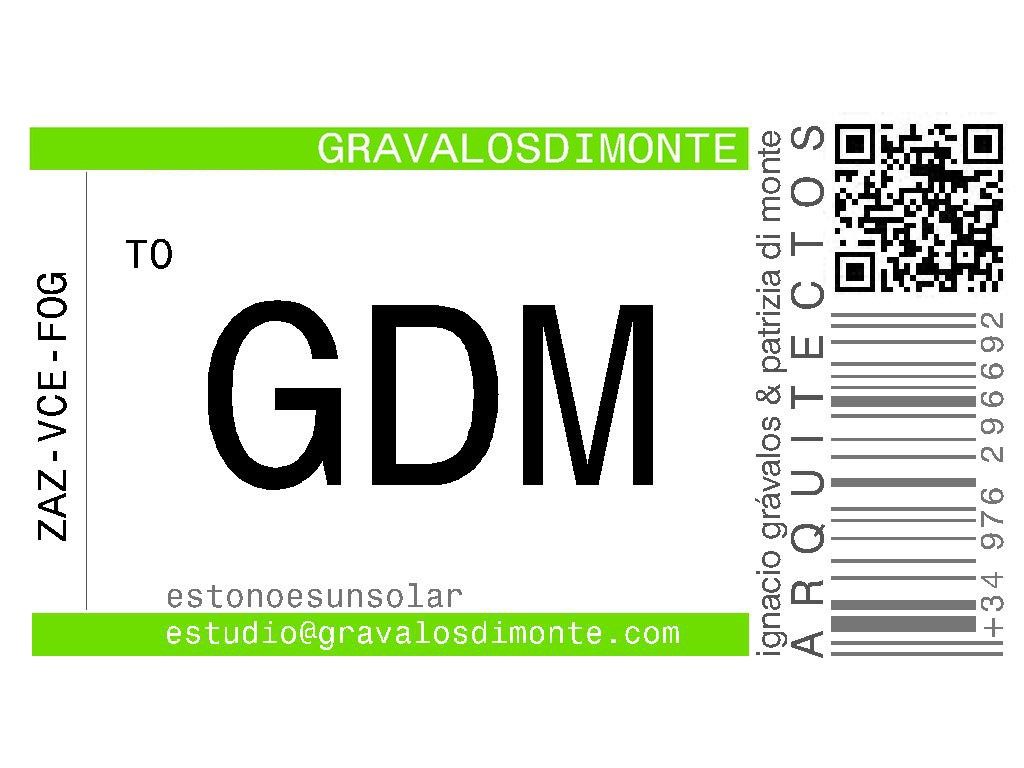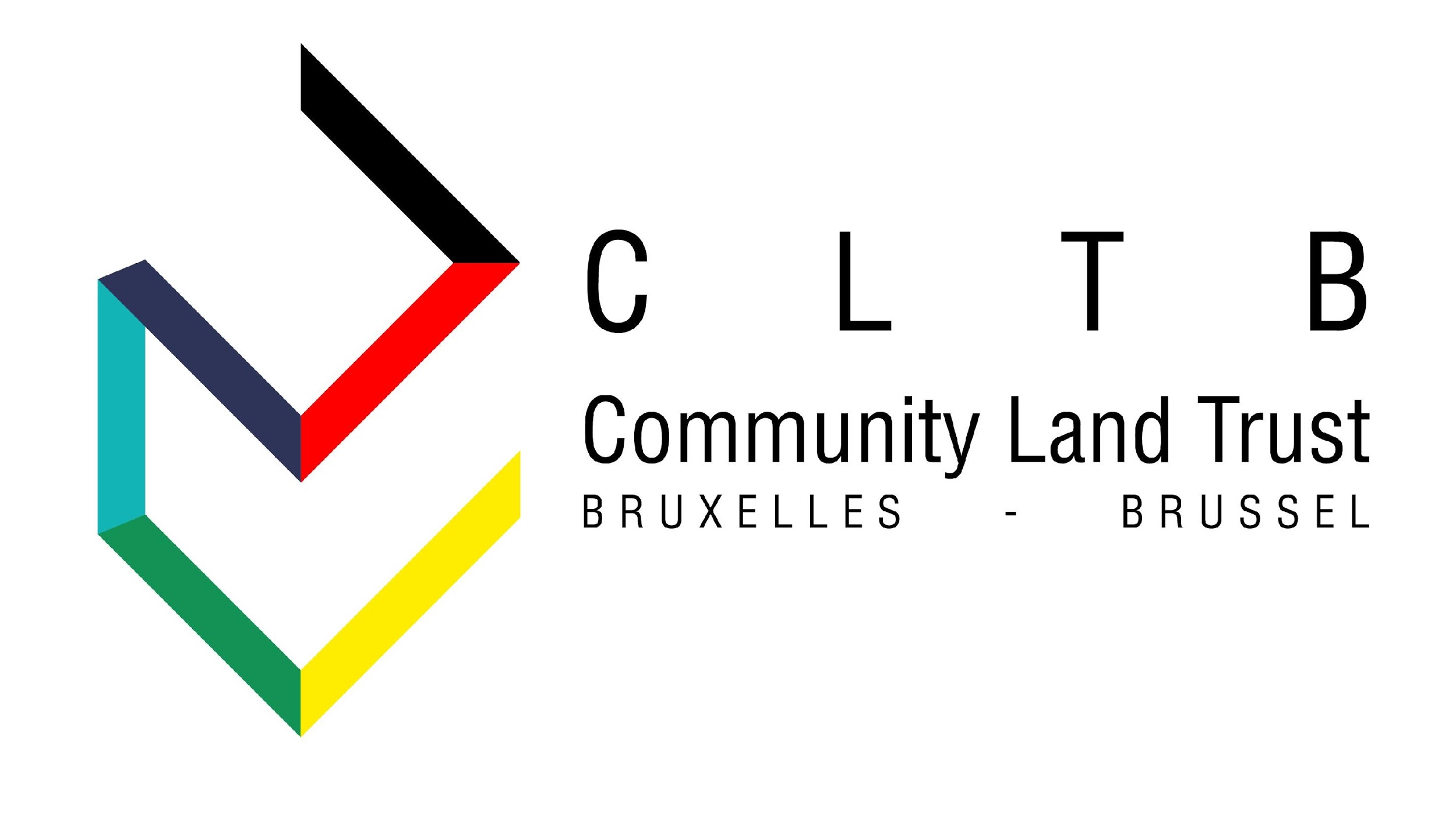The gE.CO Living Lab European Policy brief has been published. To download full report, please click on link below. We’d also love to hear your suggestions, thoughts and comments on the brief – please email them to: info@generative-commons.eu
Summary
The brief begins by stating that the project is already at a stage which enables us to shed a light on a first main policy implication. Namely, the rise of cooperation as an institutional mean for citizens to implement welfare solutions from the bottom-up and to promote urban regeneration and flourishing. It continues: “Our findings suggest that generative commons have a significant social impact and that they are largely widespread in Europe. However, it is noteworthy that such a phenomenon is very little considered at the European policy level. Our suggestion is thus for generative commons to be included in the “Urban Agenda for the EU” and in policy tools alike.”
The brief then goes on to explain, in detail, the three main areas the gE.CO project has shed a light on and contributed towards:
“gE.CO living lab has so far allowed to shed a light on three main elements. First, the fact that, in European urban areas, many individual and collective needs, the fulfillment of which has traditionally been conceived as an exclusive prerogative of the public, are, to the contrary, satisfied through experiences of bottom up self-organization of citizens and local communities. Second, that such experiences, far from being marginal or negligible, are extremely relevant with respect to both, their diffusion and the social impact they produce. Indeed, our findings suggest that urban commons represent the third great axes of urban welfare and regeneration, together with (and peer to) the (better known) solutions coming from public bodies and private actors such as for-profit and non-profit organizations engaged in urban development and social innovation. Third, the activities carried out in our project clearly show that urban commons have the characteristic of putting together the satisfaction of one or more specific needs (or rights) with the renovation and regeneration of urban voids, buildings or even entire areas.”
Click link above for full report, and don’t be shy, send us your feedback!












